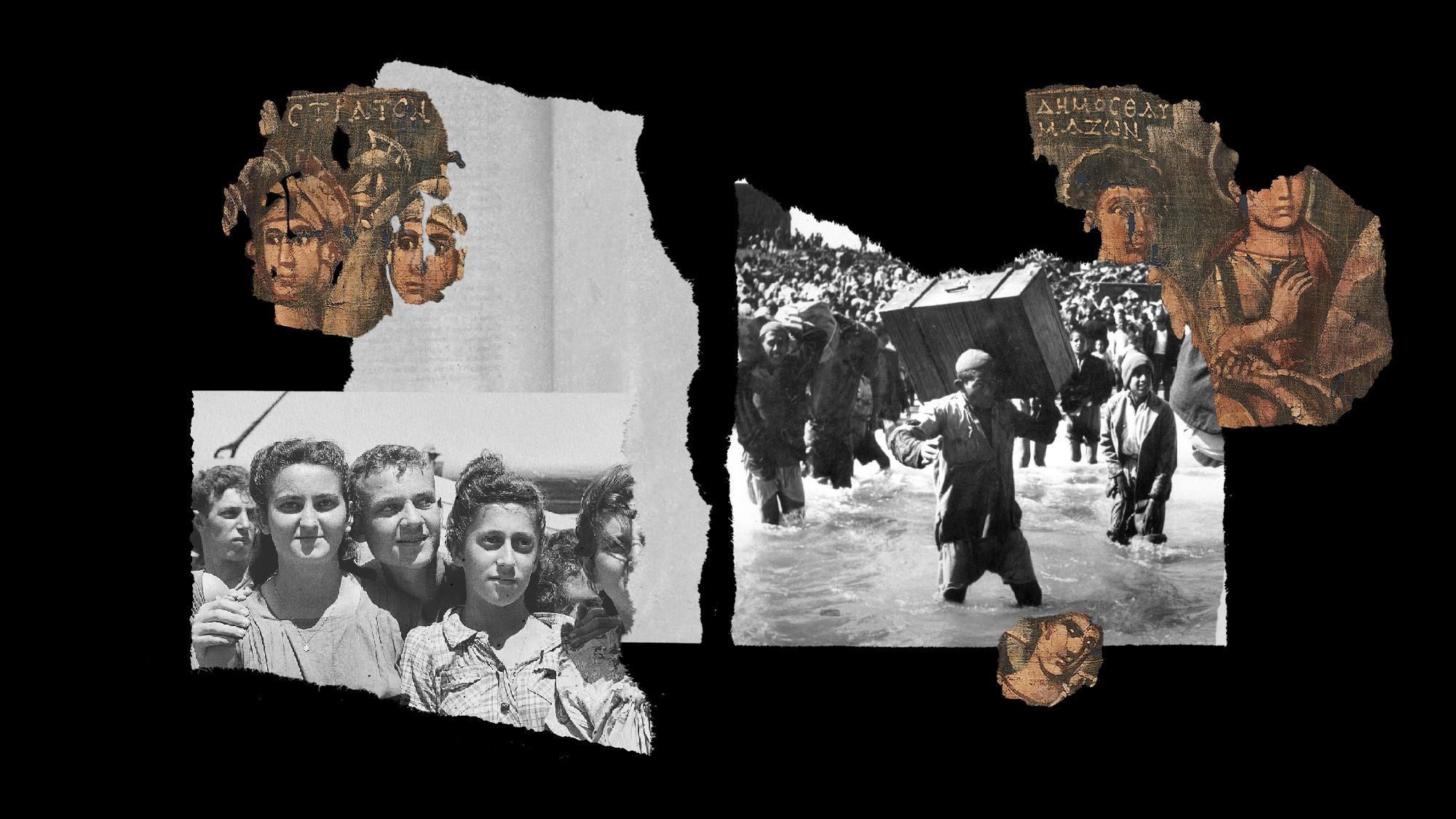UNLIMITED
The Curious Rise of <em>Settler Colonialism</em> and <em>Turtle Island</em>

Recently, I stood on a windswept street corner in Brooklyn and watched a river of pro-Palestinian protesters move past, as police officers tracked their path. A number of demonstrators had heads swathed in kaffiyehs, and some wore face-obscuring black masks. They waved Palestinian flags and placards denouncing Israel in many different ways.
Defund the settler-colonialist state demanded one. Another stated Land back!, echoing the Native American movement to reclaim lost territory in the United States.
Two women held tight to a Decolonization from Turtle Island to Palestine banner as a gust tugged at it. Turtle Island alludes to the creation story of the Lenape tribe of the Northeast, and some academics and Native activists treat it as a de facto Indigenous name for the settler-colonialist U.S.
—academic jargon for the violent process by which colonial empires empower settlers to push out and oppress Indigenous inhabitants and form a dominant new society—is a term much in vogue among activists and academics on the left. To talk of settler states and oppressed Indigenous people, and claim an umbilical connection between Palestinian struggles and those of Native Americans, is to construct a morality tale stripped of subtleties—a matter not of politics, but of
You’re reading a preview, subscribe to read more.
Start your free 30 days





